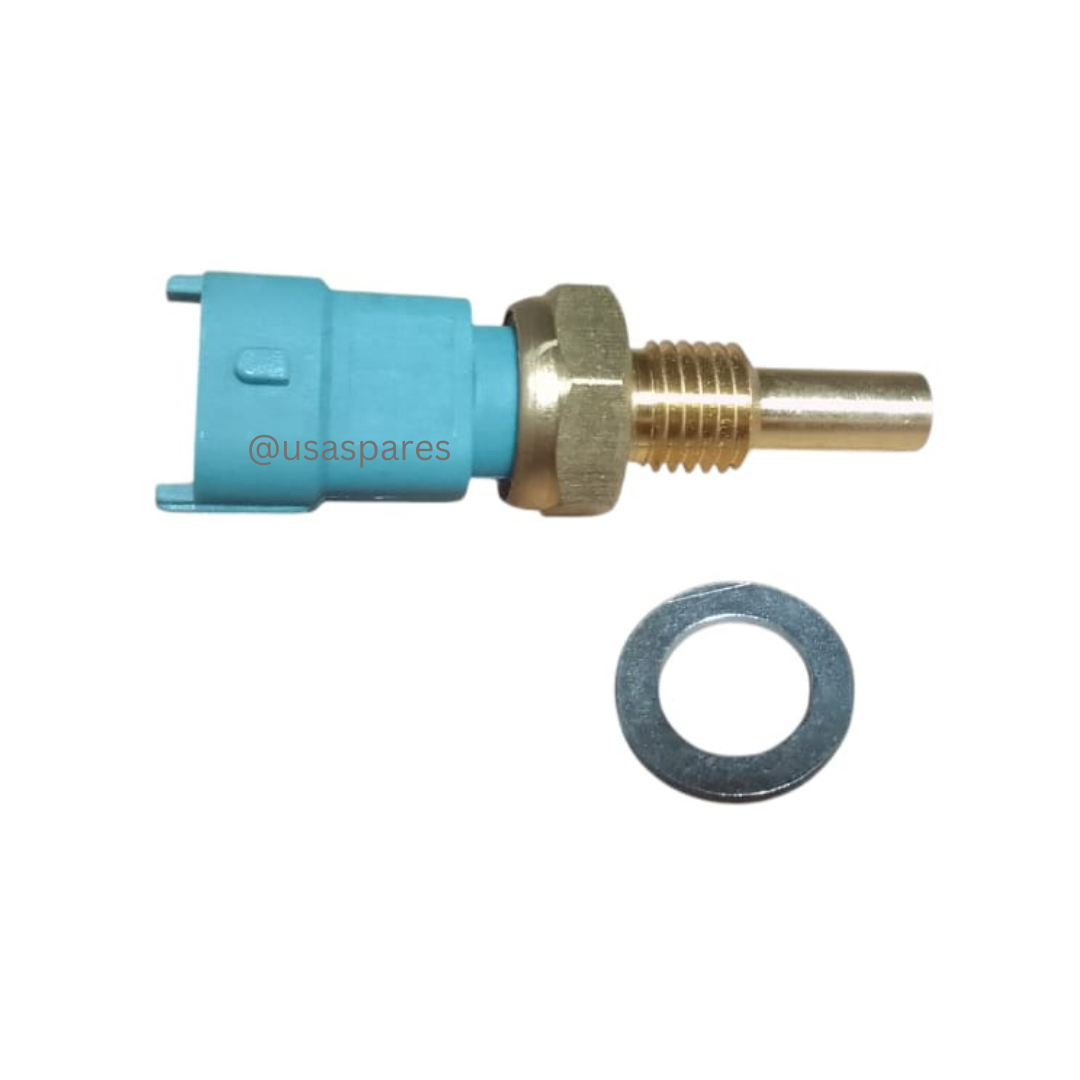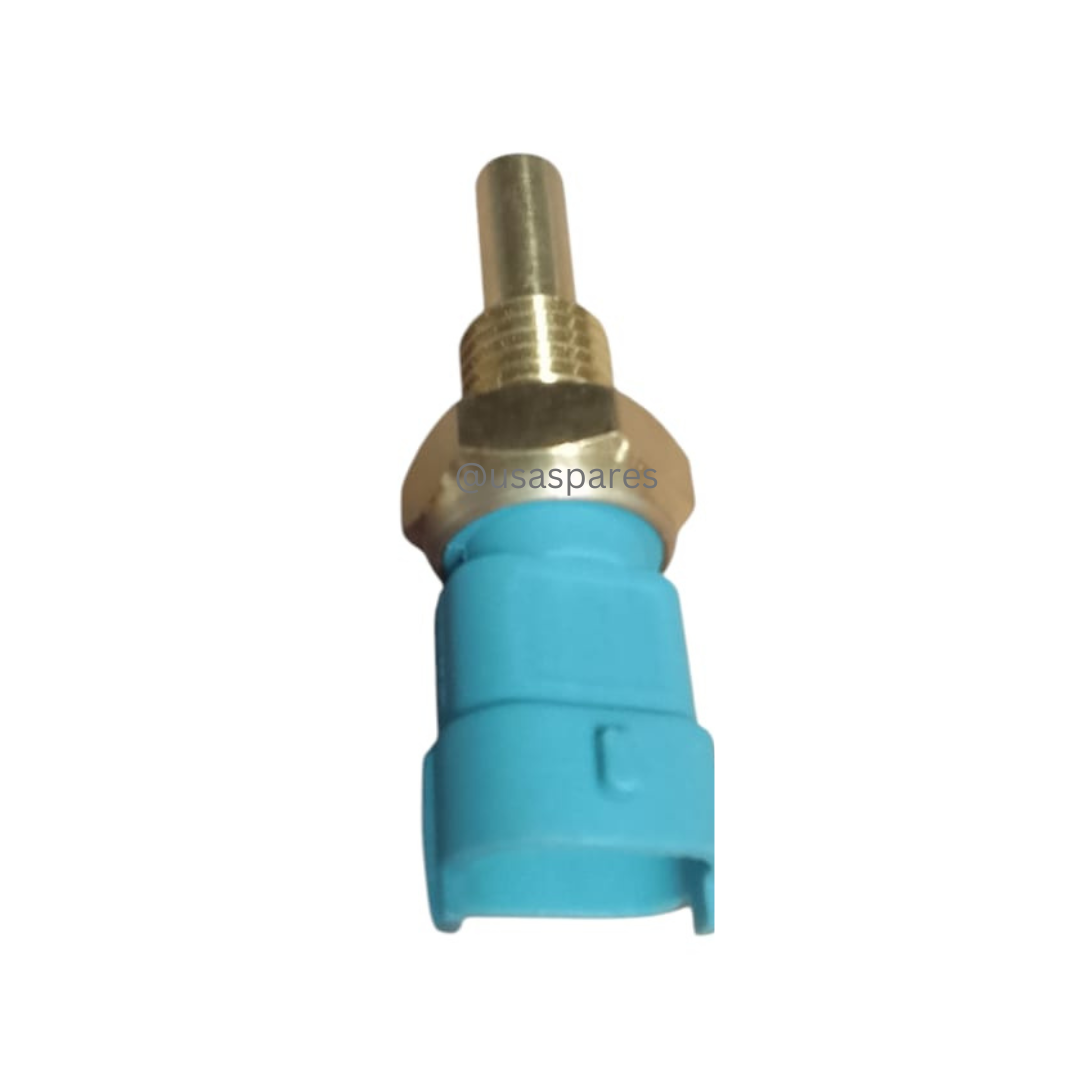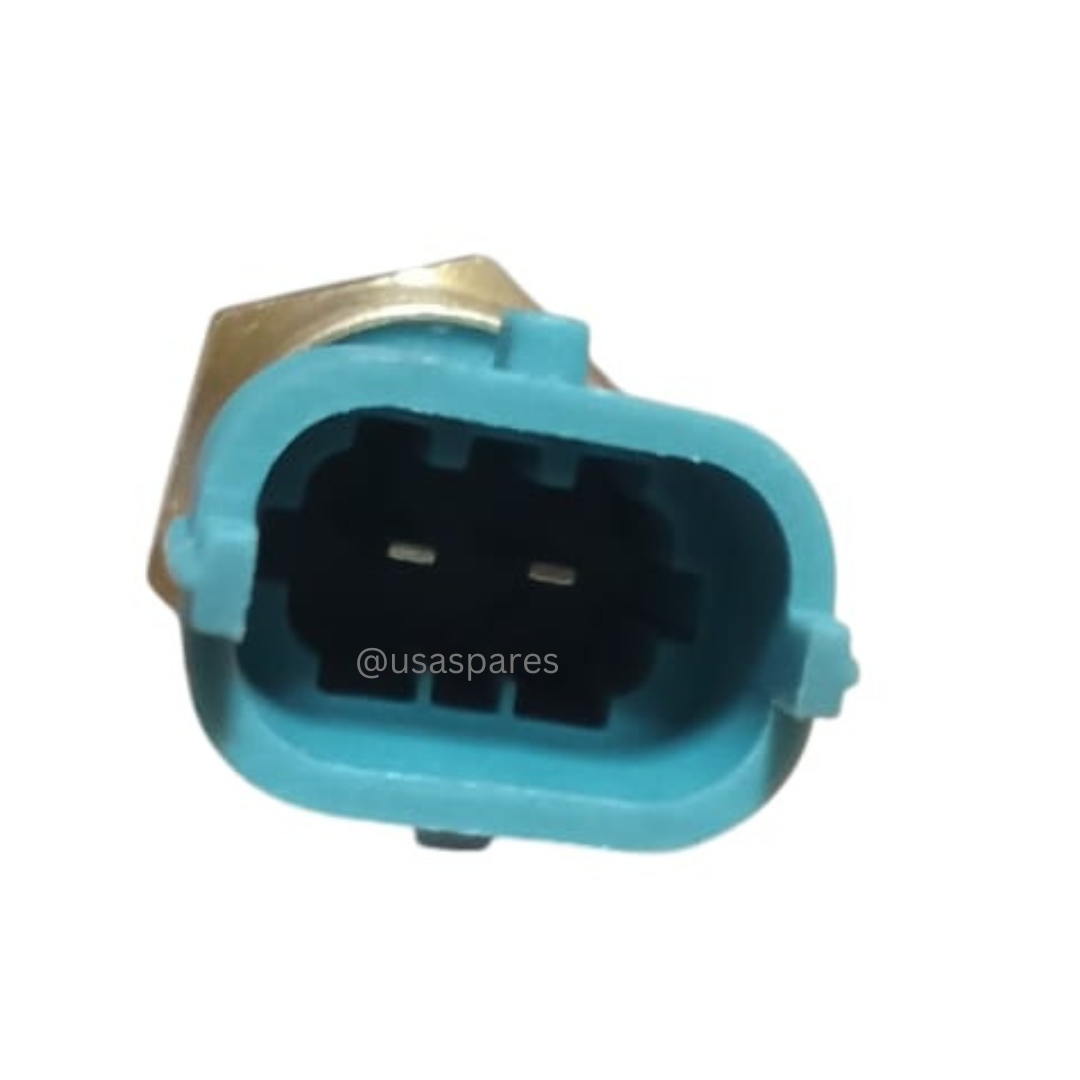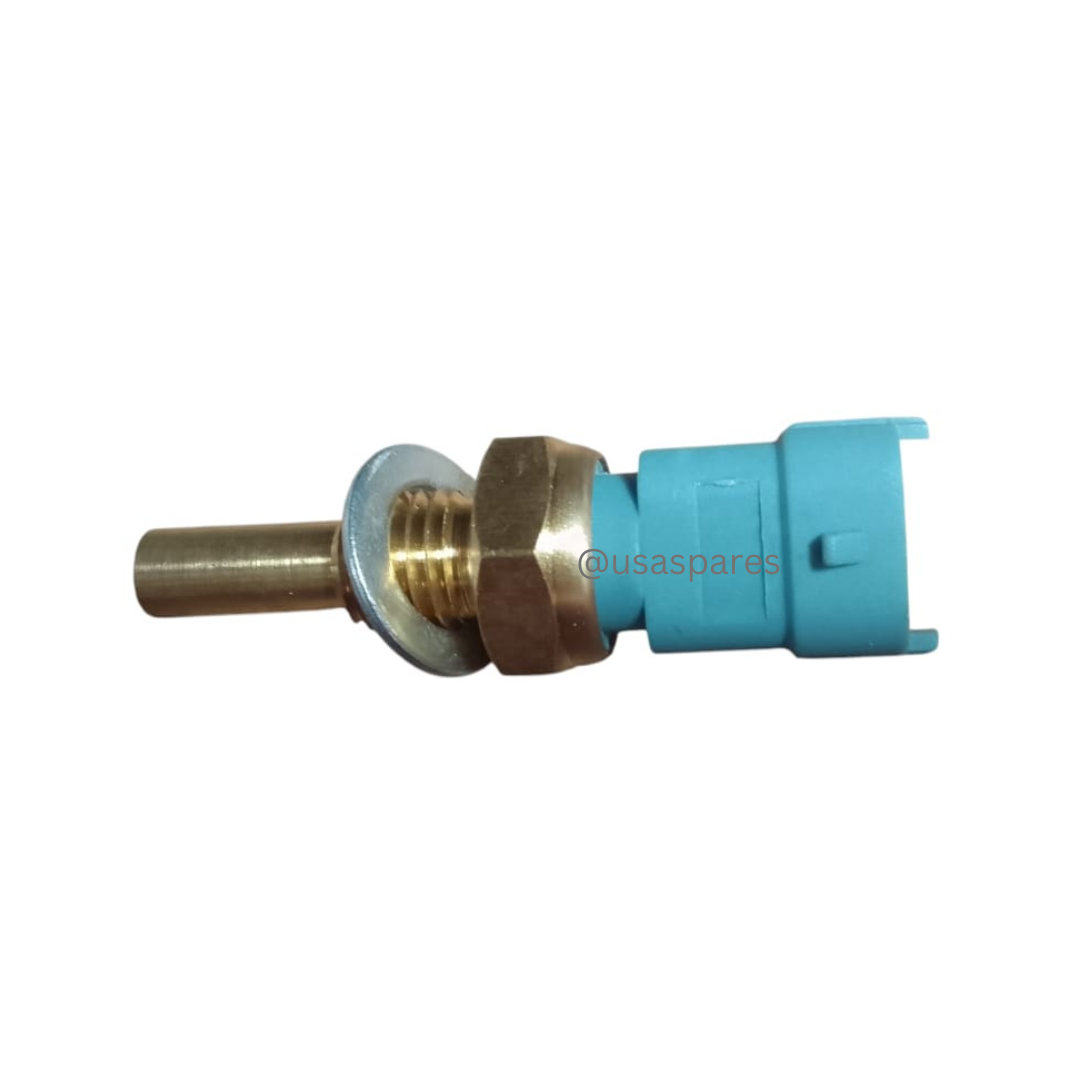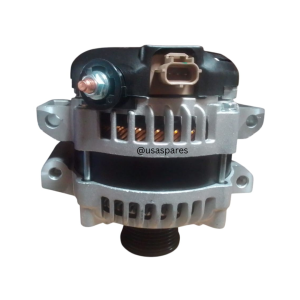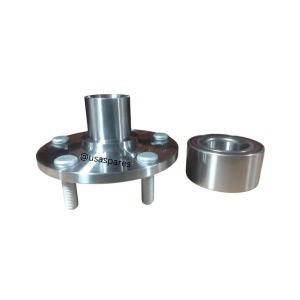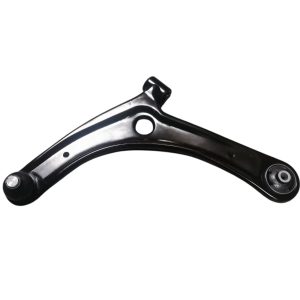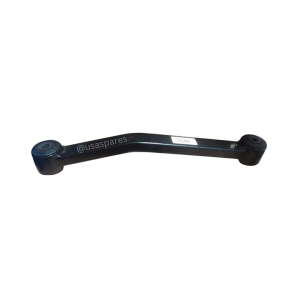Description
Jeep Grand Cherokee WK1 Temperature Sensor – Essential for Engine Monitoring & Performance
The temperature sensor in the Jeep Grand Cherokee WK1 is a critical component of the engine management system, responsible for monitoring the engine coolant temperature and sending real-time data to the engine control unit (ECU). This data helps regulate fuel injection, ignition timing, and cooling system performance, ensuring the engine operates at an optimal temperature. Maintaining proper temperature levels prevents overheating, improves fuel efficiency, and enhances engine longevity.
A failing temperature sensor can cause inaccurate temperature readings, poor fuel economy, and even engine damage due to overheating. If the sensor sends incorrect data to the ECU, the cooling fan may not activate at the right time, or the fuel mixture may become inefficient, leading to performance issues. Replacing a faulty Jeep Grand Cherokee WK1 temperature sensor with a high-quality OEM or aftermarket part is essential for maintaining smooth and reliable engine operation.
Key Features of Jeep Grand Cherokee WK1 Temperature Sensor:
- Precision Temperature Monitoring: Accurately measures coolant temperature and transmits real-time data to the ECU.
- High-Quality Materials: Designed with durable, heat-resistant materials to withstand extreme engine conditions.
- OEM Fit & Compatibility: Direct replacement for factory-installed temperature sensors, ensuring an exact fit for Jeep Grand Cherokee WK1 models.
- Reliable Electrical Connection: Features high-quality connectors to prevent signal loss and ensure accurate data transmission.
- Improved Engine Efficiency: Helps maintain the correct air-fuel ratio, optimizing fuel consumption and performance.
Signs of a Failing Temperature Sensor:
- Engine Overheating or Running Too Cool: A faulty sensor may send incorrect temperature readings, leading to improper cooling system function.
- Check Engine Light Activation: The ECU may detect an issue with the sensor and trigger a warning light.
- Poor Fuel Efficiency: Incorrect temperature readings can cause the engine to run rich (excess fuel consumption) or lean (insufficient fuel).
- Erratic Temperature Gauge Readings: The dashboard temperature gauge may fluctuate or display inaccurate readings.
- Cooling Fan Malfunction: The radiator fan may fail to turn on or run continuously due to incorrect temperature data.
Why Replace a Faulty Temperature Sensor?
A malfunctioning temperature sensor can cause severe engine performance issues, including overheating, inefficient fuel combustion, and excessive emissions. If the ECU cannot receive accurate temperature data, the engine may struggle to maintain proper fuel mixture and cooling function. Replacing a faulty sensor prevents costly repairs and ensures your Jeep runs smoothly.
Installation & Maintenance Tips:
- Locate the Sensor: Typically mounted near the thermostat housing or engine block.
- Check Wiring & Connectors: Ensure there are no damaged or corroded connections before replacing the sensor.
- Use OEM or High-Quality Aftermarket Sensors: Guarantees compatibility and accurate readings.
- Replace the Coolant if Necessary: If the coolant is old or contaminated, flushing the system before installing the new sensor is recommended.
- Perform a Diagnostic Scan: Use an OBD-II scanner to check for temperature sensor-related error codes.
For Jeep Grand Cherokee WK1 owners, keeping the temperature sensor in proper working condition is vital for maintaining optimal engine performance, preventing overheating, and ensuring efficient fuel consumption. Timely replacement of a failing sensor helps avoid engine damage, costly repairs, and enhances overall driving reliability.

